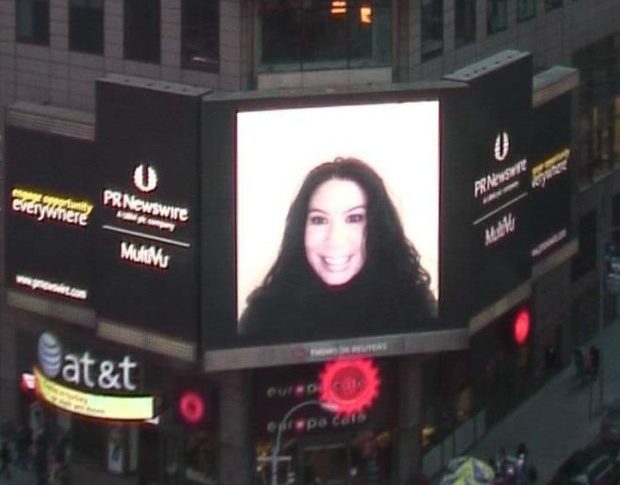The upcoming elections have created divisiveness for many families and friendships. Election party affiliations are such a strongly held belief that dating apps have created identifiers by political affiliations because so many singles have added that as criteria of their absolutes list.
Our dear friends at OK Cupid, Ariel Charytan, and Michael Kaye, spearheaded this trend after analyzing 450 million responses related to political preferences. Prompts like “Trump?” or “Biden?”, badges like “I am pro-choice”, and questions exploring users’ preferences and concerns ahead of the 2020 and 2024 elections were added.
This polarization is not just limited to the dating world, friendships also feel the heat of political affiliations. Increased political polarization has led to more people blocking, unfriending, or hiding content from friends on Facebook for the past 8 years. In 2016, the Pew Research Center reported, “Nearly one-third of social media users (31%) say they have changed their settings to see fewer posts from someone in their feed because of something related to politics, while 27% have blocked or unfriended someone for that reason”. They also found that nearly half of social media users reported that exposure to polarizing content made them angrier.
But friendship loss occurs more often than you think or let on. I recently had the honor of being featured in the Independent’s How to navigate a friendship breakup and is it ever a good idea to reconcile? piece written by Becca Monaghan where we explored why it isn’t openly discussed and how to cope with friendship loss.
Elections x Relationships = Friendship Divorce
While it’s not a new phenomenon, Monaghan raised a poignant question “why isn’t this viral?” So, I will share a few things to help unshame this topic. For years in my practice, I have had people liken friendship breakup pain to be similar to divorce. I began calling it “friendship divorce” and encouraged “friendship divorce parties” to help with the silent suffering and healing process.
Why “friendship divorce”? The emotional distress caused by the loss in some cases was similar to the grieving and divorce coping phases. Having to disclose the loss to mutually shared friends led people to not socialize for a while and have friends choose between both parties. The disillusionment people endured in the re-evaluation phase caused people to question their own decision-making skills. Blaming themselves for faulty decision-making can erode their self-esteem and create even unhealthier support systems.
A breakup creates self-doubt, anger, rumination, and lowered self-esteem which makes us feel less than. Friendships help to provide some sense of security because of the familiarity and mutual growth you both developed over time. As you heal and become strengthened, you see very clearly why the relationship wasn’t ideal and what you need in your future support systems.
Sometimes it’s not what we didn’t see in others, it’s what we wanted to see.
Don’t persecute yourself. Allow yourself to heal because healing from a breakup is not linear. Don’t relive negative events in the relationship by recalling what happened or extracting an aspect to persecute yourself over and over again. You’re torturing yourself and subsequently delaying your own growth and healing. Relationships are choices that help you become a better person, cope with life challenges positively, or grow.
If they are not toxic and abusive, give the relationship time to self-correct. People who are your support systems don’t mean to be ugly, they may just be dealing with unresolved trauma or unaware they hurt you. Give them the opportunity to become aware of the issue.
Create a mutually apologetic environment for both of you. This may seem like a no-brainer but sometimes hurt people can’t see it or apologize. Agree on the boundaries established, accept your definitions of healthy friendships, and re-create a safe space for re-entry into your life.




